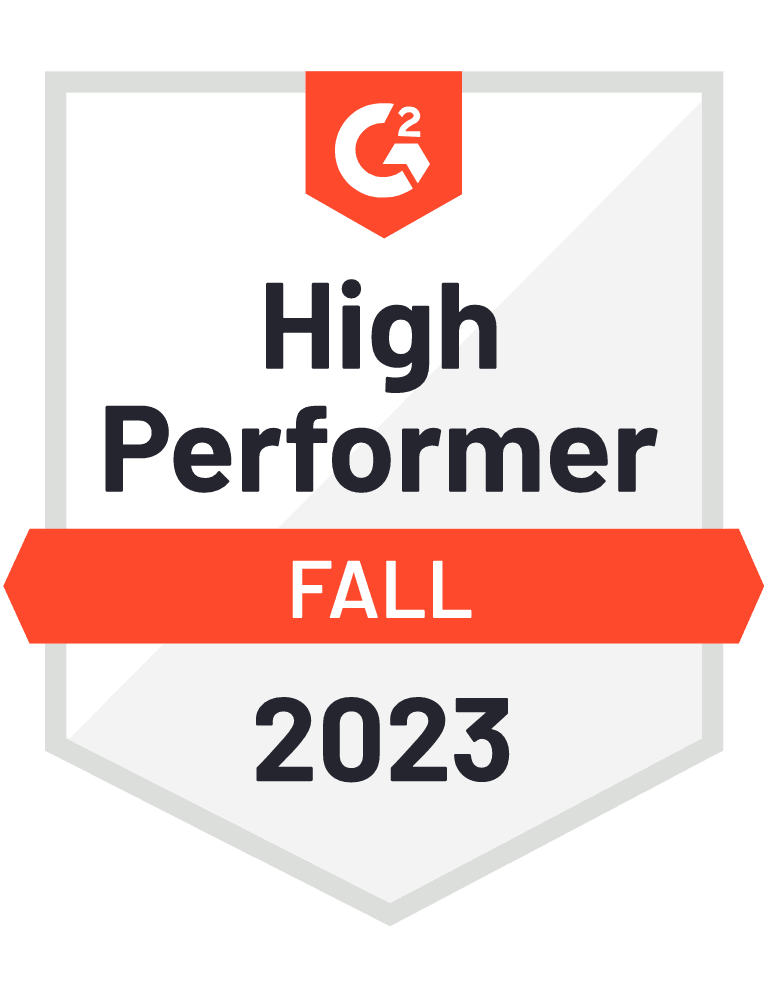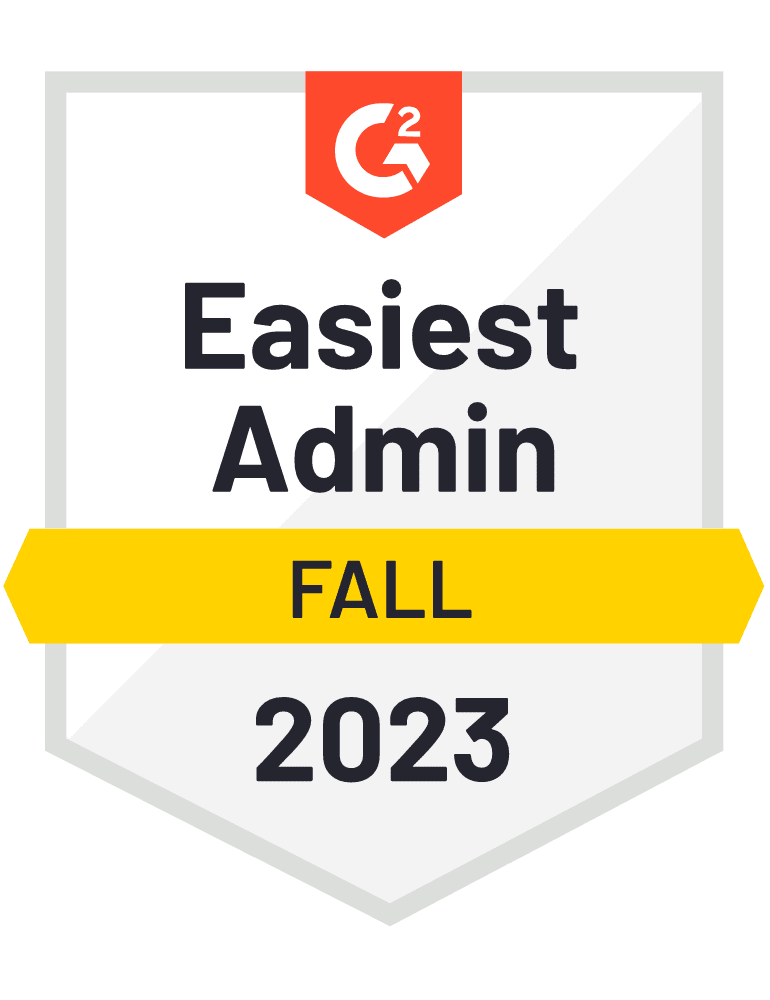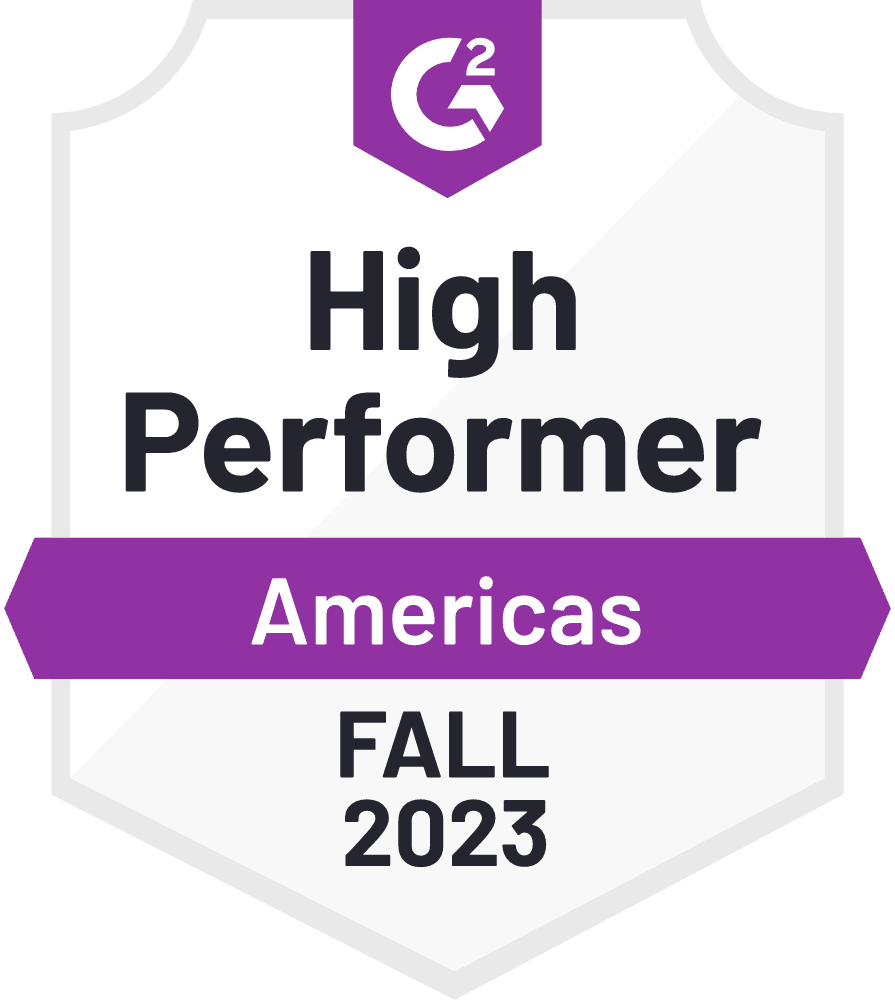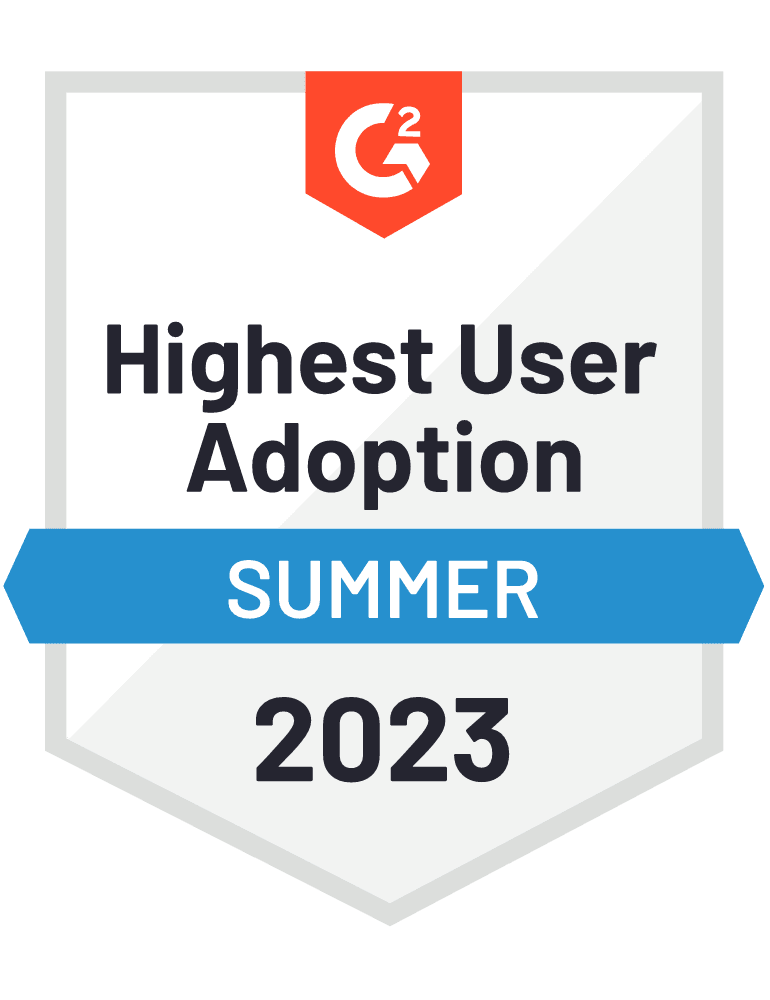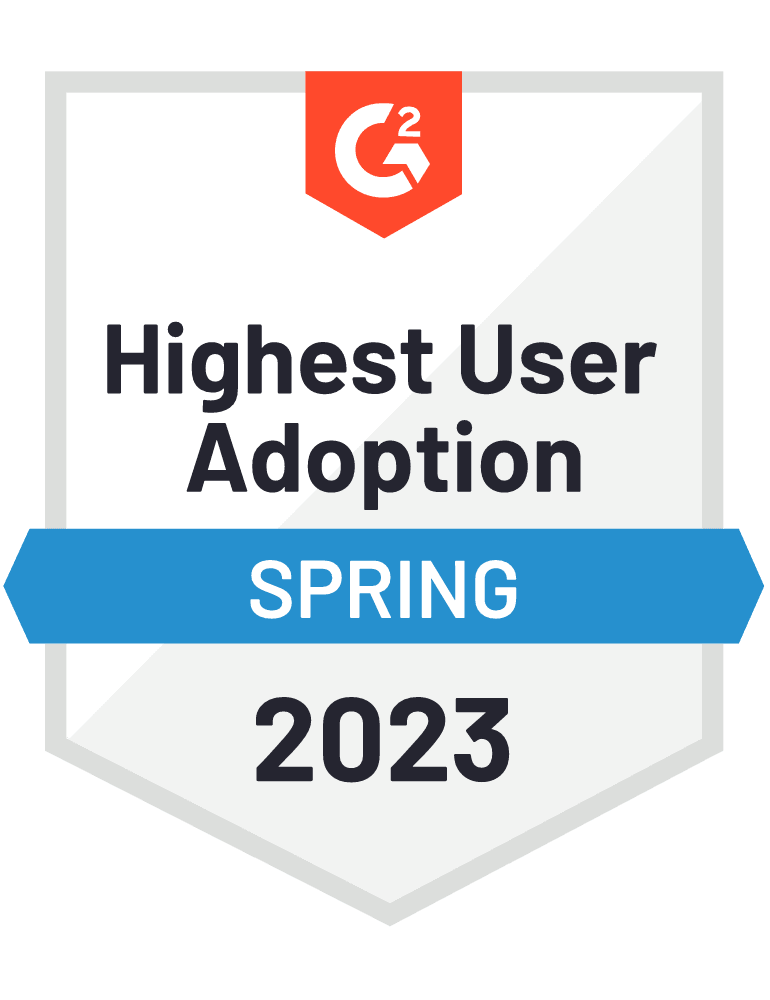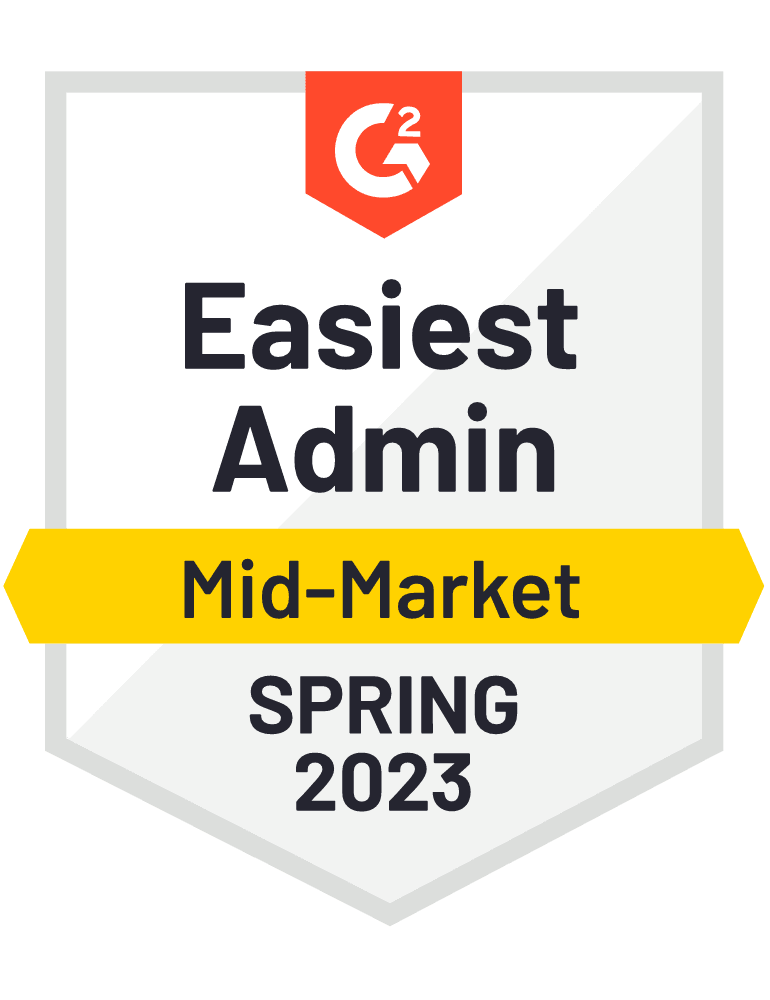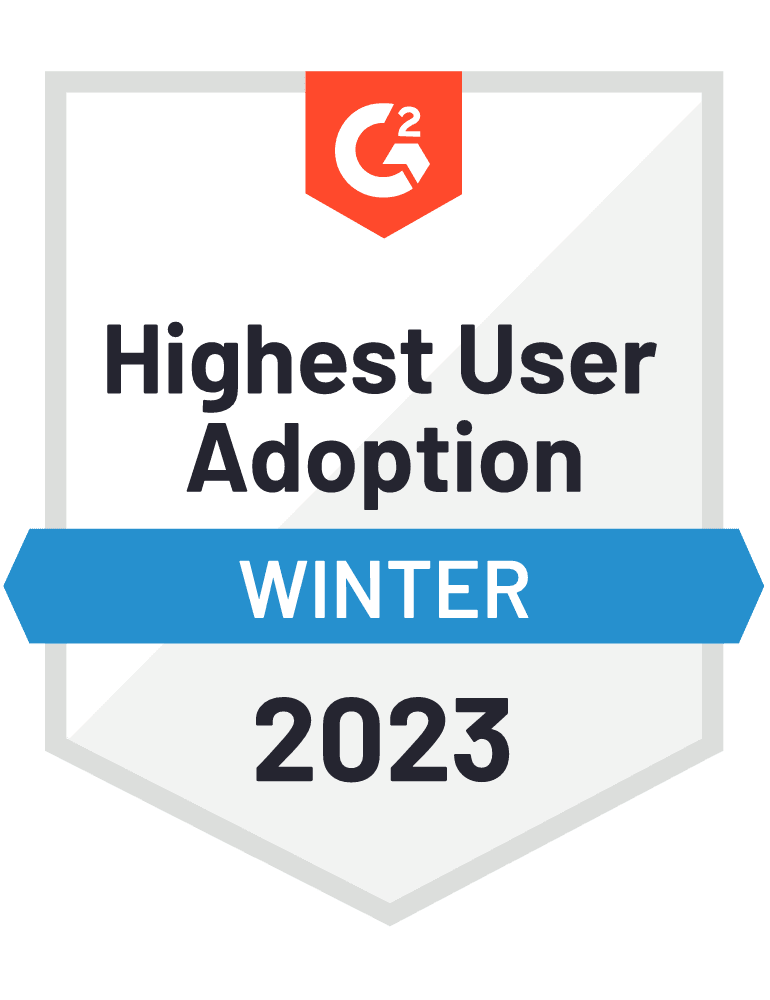Welcome to Pay Matters, our monthly roundup of all the payroll and compliance news that you must know.
Stay informed and in compliance with our monthly payroll alerts and insights.
SSA to Notify Employers of 2018 Form W-2 Name/SSN Errors
The Social Security Administration (SSA) announced that they have started mailing out notices to all employers who filed one or more Form W-2 in 2018 containing employee names and social security numbers (SSNs) that do not match SSA records. The first wave of letters was released the last week in March, and the SSA is expected to send out 200,000 letters every 2 weeks until all employers are contacted.
What do I do if I get a letter?
The SSA offers online resources to assist employers in reviewing and correcting their employee records. The letter advises employers to register for the SSA’s Business Services Online (BSO) to use the Social Security Number Verification Service (SSNVS) and verify that their employees' names and SSNs match SSA records. Employers have 60 days to correct the errors by filing Form W-2c.
The SSA has created a webpage that provides clear steps for correcting the incorrect SSNs as well as an FAQ. Employers can also download a sample SSA letter.
Will I get penalized for an incorrect SSN?
The IRS may assess penalties under Internal Revenue Code (IRC) Sections 6721 and/or 6722 for failure to file and furnish correct W-2s. Penalties can be up to $270 per W-2 for filing incorrect information, and another $270 per form for not correcting the information timely.
What should I do going forward?
If you receive an SSA letter, you should act to correct the invalid SSN. Going forward, every time you hire an employee, you must be sure to accurately complete a Form I-9 and collect all the required documents on the form. Employers must retain original I-9 forms for three years after the date of hire, or one year after the date employment ends, whichever is later.
DOL Releases New Proposed Overtime Rule
On March 7, the United States Department of Labor (DOL) released its proposal to raise the salary threshold at which executive, administrative, and professional employees are exempt from overtime pay
Under the proposal, the weekly salary threshold will rise to $679, or $35,308 annually. This is significantly lower than the 2016 Obama Administration’s proposed threshold of $913 per week, although still a substantial increase from the current $455 per week and $23,660 annual threshold.
The 2016 Obama-era overtime rule was scheduled to go into effect December 1, 2016, and would have affected the pay of over 4 million workers nationwide. At the last minute, a Texas district federal court blocked the ruling in an emergency motion.
As under the Obama legislation, the current DOL proposal will allow employers to use nondiscretionary bonuses and incentive payments, such as commissions, to meet up to 10% of the salary level test. However, unlike the 2016 proposal which required these bonuses to be paid at least quarterly, the new proposal allows for annual (or more frequent) payments. In addition, the new salary level for Highly Compensated Employees (HCEs) will rise to $147,414 (including weekly payments of at least $679), an increase from the current $100,000. The administrative, executive or professional duties tests will remain unchanged and there will be no automatic increases to the salary threshold, although the rule recommends adjusting the thresholds once every 4 years, pursuant to a notice and comment period.
If approved, the proposed regulation would take effect in January 2020. For a copy of the text click here.
Note that California and New York (and soon Washington) already have thresholds that are higher than the DOL’s proposed thresholds. Therefore, the new proposed federal minimums would not affect employers in these states.
Major Win for NY Home Health Care Industry
New York Home Care agencies received long-awaited reassurance with last week’s ruling that home care workers can continue to be paid 13 hours of a 24-hour shift, as long as the workers are afforded 8 hours for sleep breaks (5 of which are uninterrupted) and 3 hours for meal breaks.
This major victory for the home care industry, reversing a lower appellate court ruling that home care workers must be paid for every hour of a 24-hour shift, a ruling that could have doomed the industry.
For more information click here.
New Jersey Requires Pre-Tax Transit Benefits
On March 1st, New Jersey Senate Bill 1567 was signed into law, requiring all employers with 20 or more employees to offer pre-tax transit benefits. The benefit will allow employees to set aside pre-taxed wages for specified transportation services.
The New Jersey Department of Labor and Workforce will adopt rules and regulations concerning the administration and enforcement of the pre-tax benefit.
Although the law officially takes effect immediately, the requirements and any associated penalties for non-compliance will not be operative until February 19, 2020, or when regulations are adopted, whichever is earlier.
For a copy of the legislation click here.
Viventium can help you get your employees set up with pre-tax transit benefits. Contact your client services team to learn more.
New York City and California Propose Expanded Paid Leave Laws
New York City and California, historically employee-friendly jurisdictions, have proposed expanded paid leave laws that would be the most generous in the country.
Mayor Bill de Blasio has proposed a new law that would make paid personal leave mandatory in New York City. Under the proposal, private NYC employers with 5 or more employees would be required to give their employees 10 paid personal days annually. Employees would be able to use the time off for any purpose including vacation, religious holidays, and bereavement days. If passed, this would be the first paid personal mandate in the country, in a city that already requires 5 days of paid sick leave.
Governor Gavin Newsom of California proposed legislation to expand the state’s Paid Family Leave program. Under the current program, employees are entitled to 6 weeks of benefits to bond with a child or care for an ill family member. Under the proposal, employees would be entitled to 6 months of paid family leave.
These expanded leave laws are still in the proposal stage. Viventium will continue to monitor the legislation and update you with any new developments.
This information is for educational purposes only, and not to provide specific legal advice. This may not reflect the most recent developments in the law and may not be applicable to a particular situation or jurisdiction.

